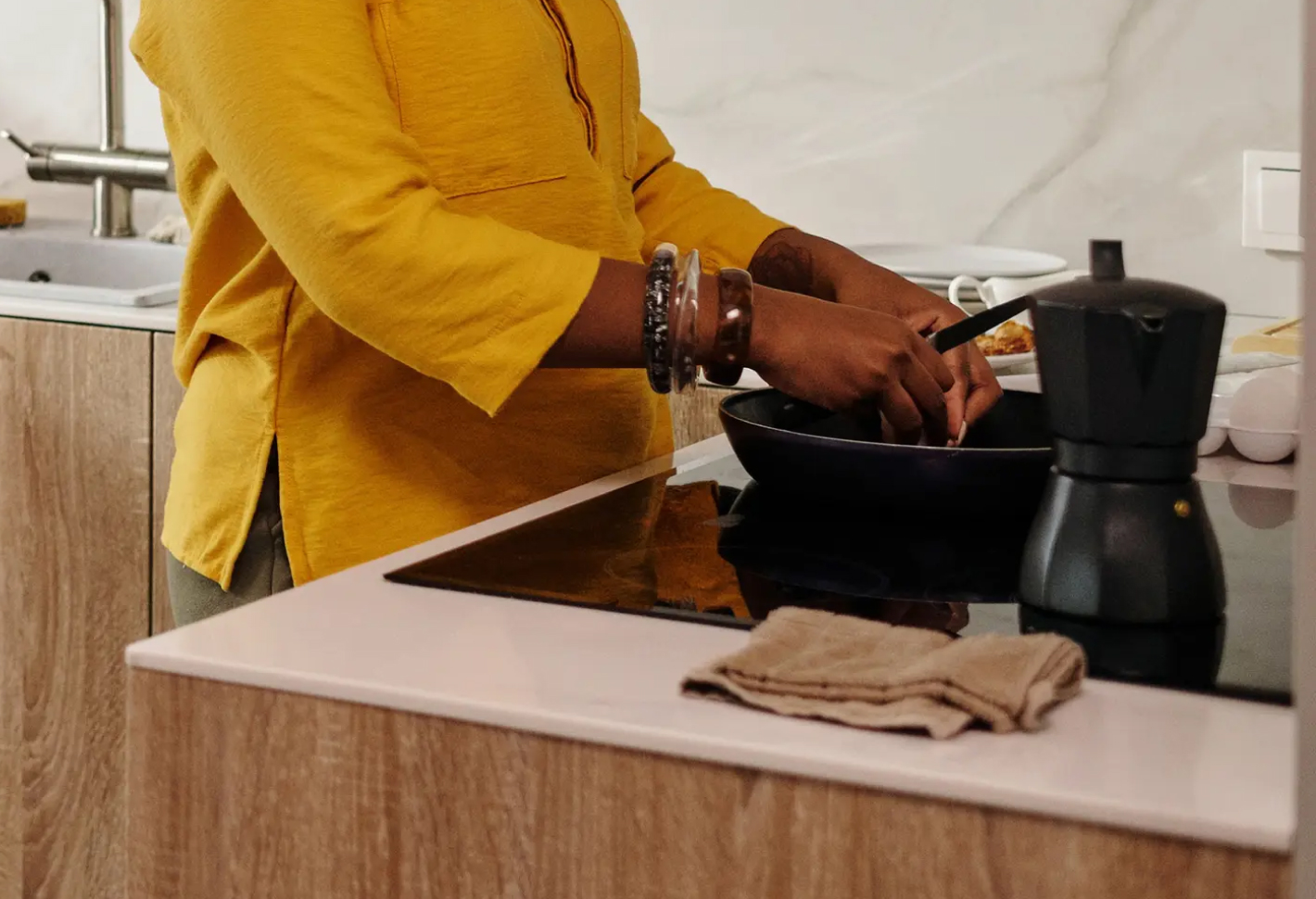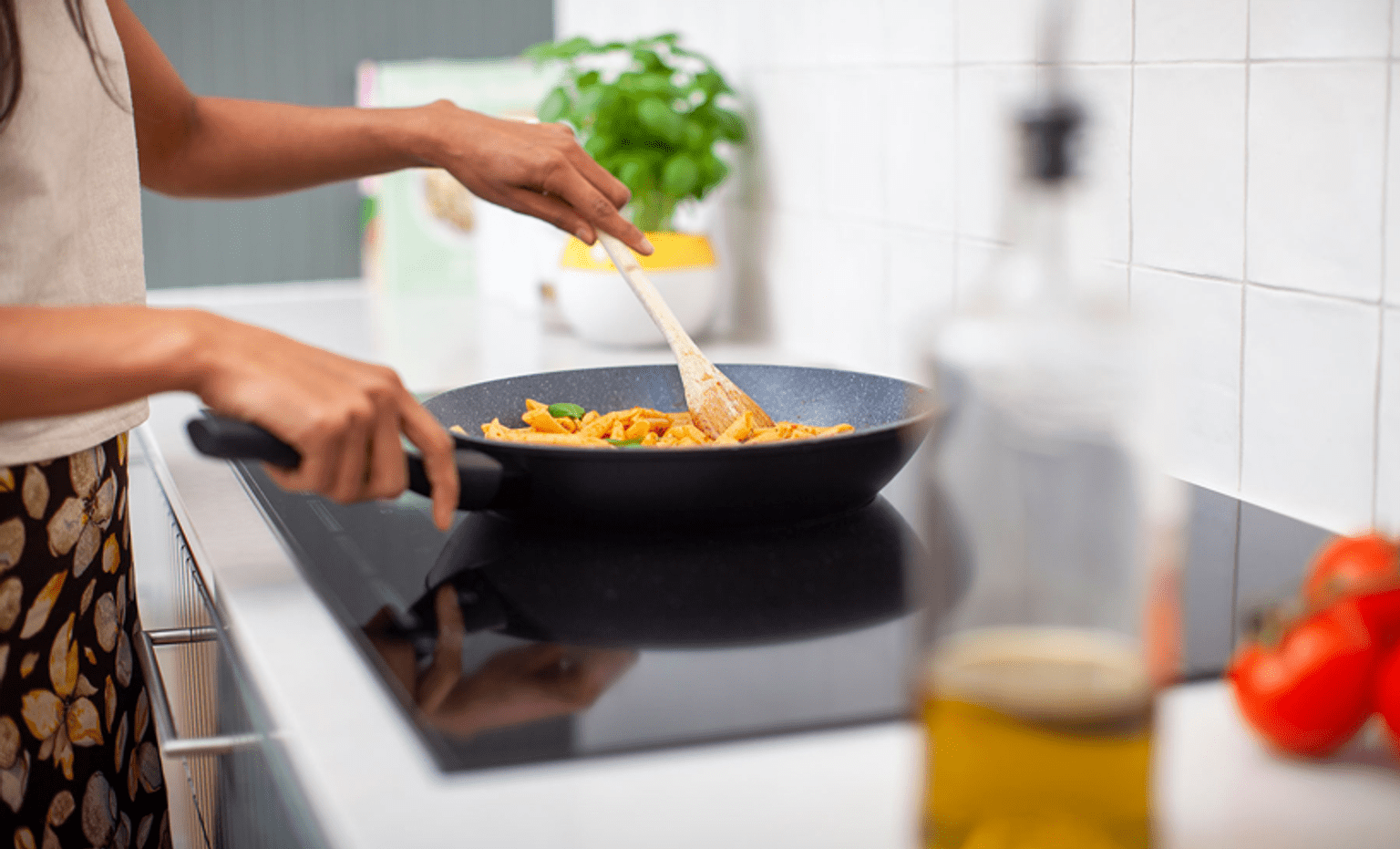Does Induction Work Well with Thick Cast Iron Cookware?
Written By James Morgan
For barbecue enthusiasts who cherish the art of outdoor cooking, understanding how different types of cookware perform on various heat sources is crucial. One common question that arises is, does induction work well with thick cast iron? This inquiry is not only pertinent but also pivotal for those looking to optimize their cooking techniques.
Induction cooking has gained popularity due to its efficiency and speed. However, its compatibility with different cookware, especially thick cast iron, is often scrutinized. In this article, we delve into the relationship between induction cooktops and thick cast iron cookware, providing insights and tips for barbecue lovers.

Understanding Induction Cooking
Induction cooking relies on electromagnetic fields to heat cookware directly. Unlike traditional gas or electric stoves, induction cooktops do not heat the surface; instead, they transfer heat directly to the cookware. This method is not only efficient but also safer, as the cooktop remains relatively cool to the touch.
For induction to be effective, the cookware must be made of ferrous metal. This includes materials like cast iron and some types of stainless steel. The magnetic properties of these materials are essential for the induction process to work.
Why Thick Cast Iron?
Cast iron is a favorite among barbecue enthusiasts due to its excellent heat retention and distribution. When it comes to thick cast iron, these properties are even more pronounced. Thick cast iron pans and griddles are perfect for achieving that desirable sear and char on meats that barbecue lovers crave.
However, the question remains: does induction work well with thick cast iron? The answer is a resounding yes. The ferrous nature of cast iron makes it an ideal candidate for induction cooking. Moreover, the dense construction of thick cast iron ensures even heating, which is crucial for consistent cooking results.
Benefits of Using Thick Cast Iron on Induction
There are several advantages to using thick cast iron on induction cooktops. First and foremost, the even heat distribution of cast iron ensures that food cooks uniformly, reducing the risk of hot spots that can lead to uneven cooking. Additionally, the quick heating capabilities of induction allow cast iron to reach the desired temperature swiftly, making it ideal for searing and browning.
Another benefit is the energy efficiency of induction cooking. Since the heat is transferred directly to the cookware, less energy is wasted, which can translate to cost savings in the long run. Furthermore, induction cooktops offer precise temperature control, allowing for more accurate cooking and experimentation with recipes.
Potential Challenges
While the combination of induction and thick cast iron offers numerous benefits, there are some challenges to consider. One potential issue is the weight of the cookware. Thick cast iron can be heavy, making it difficult to maneuver on the cooktop. Additionally, the weight may strain the glass surface of the induction stove if not handled carefully.
To address these concerns, it's advisable to use cookware with a smooth bottom to prevent scratching the cooktop. Additionally, ensuring that the cookware is lifted rather than slid across the surface can help maintain the integrity of both the cooktop and the cookware. For more tips on using heavy cookware with induction, check out this guide.
Tips for Barbecue Enthusiasts
For those looking to get the most out of their thick cast iron on induction, here are a few tips:
- Preheat Your Pan: Allow your cast iron to preheat on the induction cooktop for a few minutes before adding food. This ensures even heat distribution.
- Use the Right Size Burner: Match the size of the cast iron to the burner to maximize efficiency. Using a burner that's too small may result in uneven cooking.
- Maintain Your Cookware: Regularly season your cast iron to maintain its non-stick properties and prevent rusting.
These tips can enhance your cooking experience, allowing you to enjoy perfectly cooked barbecue meals. For more insights on induction cooking with traditional pans, visit this link.
Conclusion
In conclusion, does induction work well with thick cast iron? Absolutely. This combination offers a unique blend of efficiency, control, and culinary excellence, making it a favorite among barbecue enthusiasts. By understanding the nuances of induction cooking and the benefits of thick cast iron, you can elevate your barbecue game to new heights.
For more information on how to use cast iron over any heat source, visit Lodge Cast Iron.

FAQs
1. Can all cast iron cookware be used on induction?
Yes, most cast iron cookware is compatible with induction cooktops due to its ferrous metal composition. For best results, ensure the bottom is smooth to avoid scratching the cooktop.
2. How do I prevent my cast iron from scratching the induction cooktop?
To prevent scratching, ensure that the bottom of the cast iron is clean and smooth. Additionally, avoid sliding the cookware across the surface and instead lift it when moving.
3. Is thick cast iron better than thin for induction?
Thick cast iron is generally better for induction as it offers superior heat retention and distribution, which is ideal for achieving consistent cooking results.



